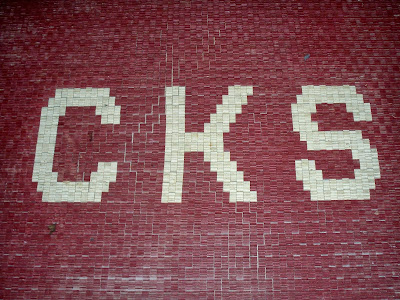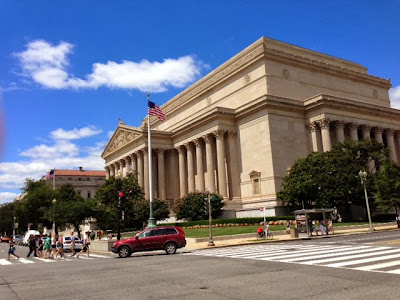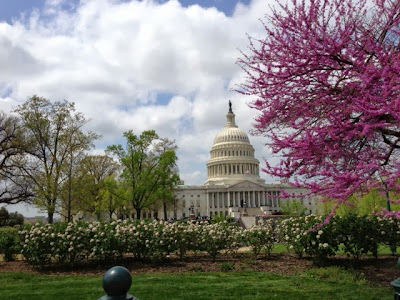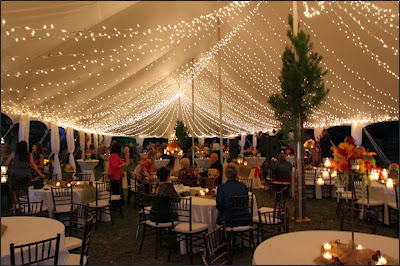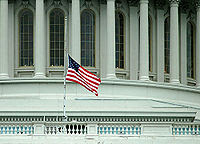Composites
There were two of them, composite photographs of my fourth and sixth grade classes. At first the faces were familiar but nameless. But the longer I looked, the more the names returned: Teresa, Diane, Melissa, Amelia, Jody, Joan, Carol, Julia, Peggy, Debbie. And from the earlier one, Dickie, Jay and Charles. (We were the one outlier class still “mixed” at that age. The nuns preferred same-sex education after third grade.)
Fourth grade. Nine years old. Before I worried about my hair. Before I cared about boys. We played four square (the ball game not the social media app) across the divided playground — two boys on one side, two girls on the other. (Yes, the playground was “same sex,” as well, divided down the middle.)
What do I remember most about that year? That we had a lay teacher, Mrs. Hollis, a bit of an outlier herself. And that at the end of day, when she had crammed us with all the religion, math, science, reading, writing and social studies we could hold, she played recordings of Broadway musicals on the stereo.
I’ve loved them ever since.
(This is the “welcome” mat for Christ the King School.)
